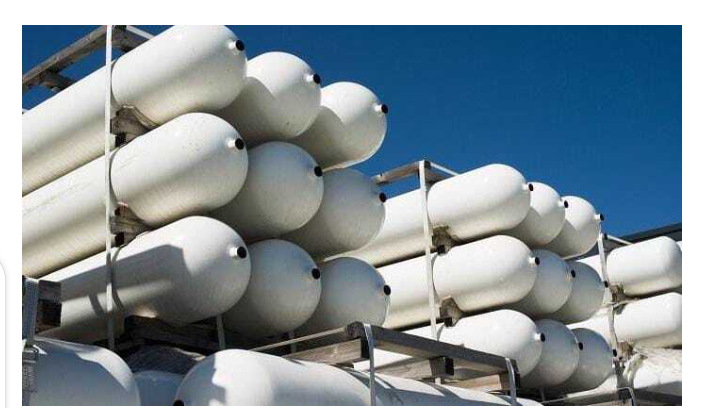Nigeria’s AutoCNG Initiative Attracts Over $491 Million In Investments And Creates Thousands Of Jobs– Says FG.
The Nigerian Presidency has revealed that the Automobile Compressed Natural Gas (AutoCNG) initiative has attracted more than $491 million in investments over the past year, marking a significant milestone in the country’s journey towards cleaner and more sustainable transportation.
Speaking during a “Meet the Press” session at the Presidential Villa in Abuja on Monday, the Programme Director and CEO of the Presidential CNG Initiative (PCNGI), Michael Oluwagbemi, said the programme had created over 9,000 direct jobs and 75,000 indirect employment opportunities across Nigeria.

Highlighting the impact of the initiative, Oluwagbemi stated, “Nigeria’s capacity to convert vehicles from petrol and diesel to bifuel systems has increased by almost 3,000 per cent. We now have over 200 conversion centres nationwide, compared to just seven at the inception of the programme. This has also led to the direct employment of more than 3,000 technicians, thanks to the launch of the Conversion Incentive Programme (CIP).”
The CIP, announced by President Bola Tinubu in August 2024 in response to the nationwide cost of living protests, aims to facilitate one million free or subsidised vehicle conversions. It targets public transport, rideshare, and government-owned vehicles. According to Oluwagbemi, 22,000 conversion kits were initially procured by the Ministry of Finance and began arriving in October 2024. By the end of this quarter, 10,000 vehicle conversions are expected to be completed under the scheme.
In a bid to address public safety concerns following incidents involving CNG vehicles, particularly in Benin, Edo State, Oluwagbemi assured that the occurrences were due to sabotage and illegal cylinder fabrication. He noted that the perpetrators had been apprehended and that such incidents would be prevented in the future through enhanced monitoring systems.
He announced the imminent launch of the Nigeria Gas Vehicle Monitoring System (NGVMS), developed in collaboration with key regulatory bodies — the Standards Organisation of Nigeria (SON), the National Automotive Design and Development Council (NADDC), the Nigerian Midstream and Downstream Petroleum Regulatory Authority (NMDPRA), and the Federal Road Safety Corps (FRSC).
“The NGVMS will ensure that only properly converted or inspected vehicles can be refuelled at gas stations. Enforcement will be handled by the NMDPRA and FRSC,” he explained. “This is a proactive move to safeguard both lives and investments in the AutoCNG ecosystem.”
Oluwagbemi also praised the private sector for its involvement, attributing the large-scale investments to intensive stakeholder engagement and public awareness campaigns carried out between May and November 2024.
“These achievements are clear for all to see. We promised, and we delivered,” he said.
To demonstrate the practicality of the CNG and electric vehicle platforms, the Federal Government procured 655 buses, comprising 421 CNG and 36 electric vehicles. So far, 405 of these buses have been deployed across the country as part of agreements with labour unions, the Federal Ministry of Transportation, and various state transport companies.
The buses also formed the backbone of the *Renewed Hope Mass Transit Scheme*, which provided free or subsidised rides during the festive season and has since continued on a commercial basis. A similar roll-out for tricycles is expected once final details of the last-mile gas infrastructure are in place.
Additionally, Oluwagbemi revealed that the PCNGI will soon launch a subsidised conversion initiative for public servants in collaboration with the Credit Corporation, another key project under President Tinubu’s administration.
The AutoCNG initiative stands as a major pillar of Nigeria’s efforts to reduce fuel dependency, promote clean energy, and create sustainable jobs — a vision that is fast becoming a reality.


